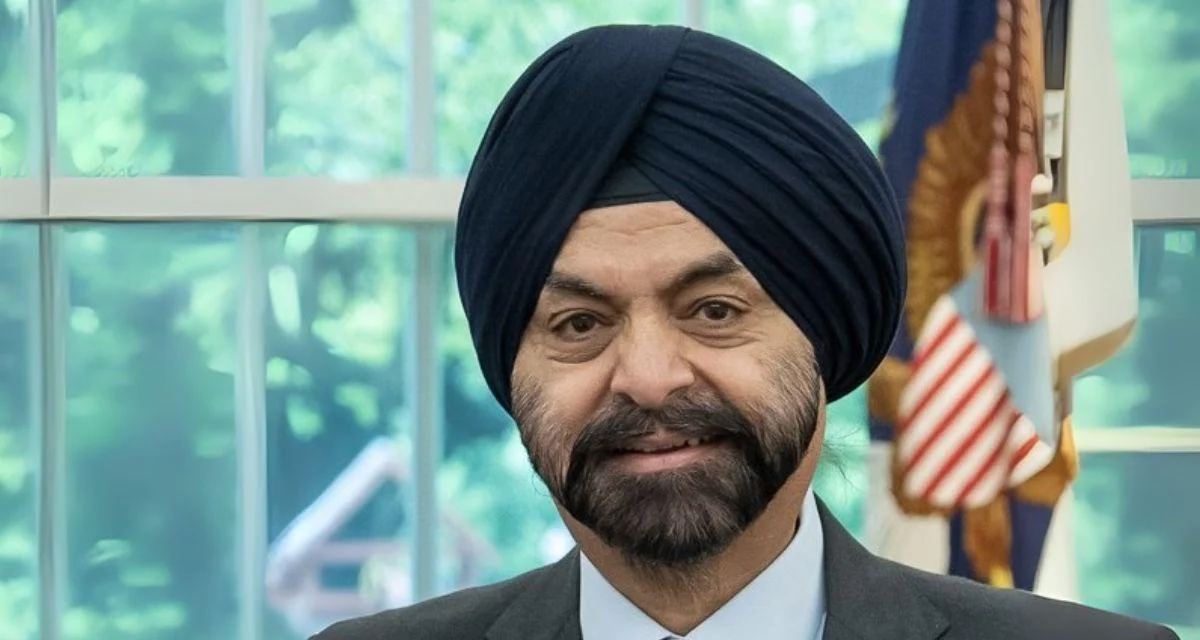The World Bank Group has announced its goal to help countries expand health services to 1.5 billion people by 2030, focusing on improving primary care, national insurance programs, local manufacturing of health supplies, regulatory reform, and healthcare worker training. The initiative is primarily driven through the Health System Transformation & Resilience Fund (HSTRF), which consolidates donor contributions to streamline financing and align with national strategies.
The HSTRF operates via three main channels: country and regional support for technical and financial assistance; global public goods for generating evidence on health system transformation; and knowledge exchange to share best practices among countries. The fund aims to reduce fragmentation in donor efforts, increase efficiency, and make it easier for governments to access resources tailored to their specific needs.
Regional priorities differ according to local challenges. In Eastern & Southern Africa, the focus is on workforce skills and public health capacity following gaps exposed by COVID-19. West & Central Africa target maternal and child mortality as well as epidemic resilience. East Asia & Pacific addresses both infectious diseases and climate-related disasters through primary care-centered approaches. Other regions such as Europe & Central Asia, Latin America & the Caribbean, Middle East & North Africa, and South Asia have distinct strategies addressing issues like ageing populations, inequities in access, high out-of-pocket spending, or densely populated settings.
Major donors include Japan, the United Kingdom, the Helmsley Charitable Trust, and Switzerland with nearly US$27 million pledged so far. The fund also collaborates with organizations such as the Global Financing Facility and The Pandemic Fund—both hosted by the World Bank—as well as Gavi and the Global Fund to align financing for pandemic preparedness and disease programs.
A Leaders’ Coalition will be formed ahead of the 2025 Universal Health Coverage Forum to advocate for continued investment in health systems.
Results from HSTRF’s first year show progress across various regions:
- In Nigeria, clinics are being upgraded for climate resilience.
- Tanzania is receiving technical assistance for health insurance reforms.
- Türkiye is planning a vaccine production center.
- Small Island Developing States such as Saint Lucia are implementing diagnostic packages for non‑communicable disease care.
Additionally, initiatives like the Pacific Health Systems Flagship Program have facilitated knowledge sharing among officials from eight Pacific countries.
According to the World Bank Group: "Investments in health are one of the most powerful drivers of economic growth and job creation. Health services provide the foundation for stronger societies by enhancing human capital, fueling economies, and creating millions of jobs." The organization further stated: "Healthy populations are more productive, resilient, and capable of contributing significantly to economic development."

